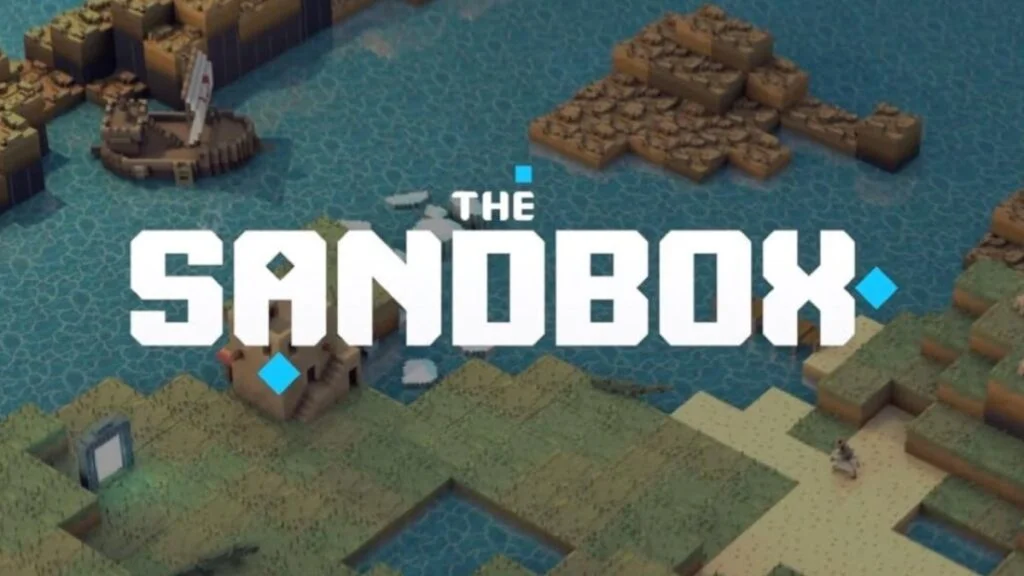Metaverse website made an announcement stating that the Sandbox would need Know Your Customer (KYC) verification for its staking procedures.

According to the release, non-verified users will be restricted to withdrawals only and cannot stake The Sandbox (SAND $0.40) tokens, which are native to the platform.
Users are presently staking 123 million SAND, or 6.7% of the token’s circulating supply, according to data from blockchain analytics company Messari. The creators of Sandbox wrote:
“To enhance user security and compliance, we have implemented KYC verification for our staking process. Our goal is to ensure that our users’ accounts are verified before they can participate in staking or claim their earnings.”
SAND was one of 68 cryptocurrencies that the United States Securities and Exchange Commission (SEC) determined to be securities in its most recent litigation against Binance and Coinbase, it was announced on June 6.
Pixowl, a gaming company based in San Francisco, launched SAND on the Ethereum blockchain in 2012. In 2018, Hong Kong-based Animoca Brands bought Pixowl through its subsidiary TSB Gaming with the goal of employing blockchain technology to create a 3D metaverse.
The SEC makes the following allegations, citing multiple initial exchange offerings and private sales made by developers over the years:
“The information TSB publicly disseminated has led SAND holders, including those who have purchased SAND since May 2022, reasonably to view SAND as an investment in and to expect to profit from TSB’s efforts to grow the Sandbox protocol, which, in turn, would increase the demand for and the value of SAND.”
Yat Siu, co-founder of Animoca Brands, has criticized the lack of “consistency” in SEC regulations after the publication of the Coinbase lawsuit and commended Hong Kong’s evolving stance on blockchain.

